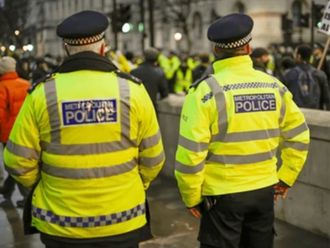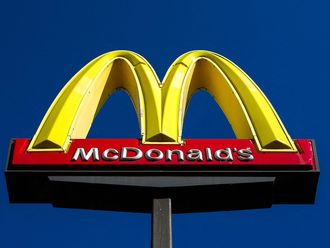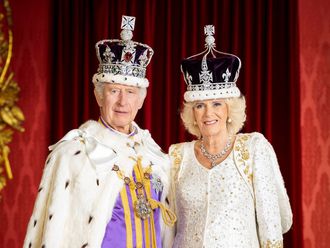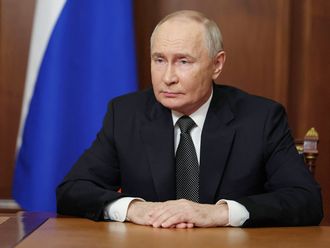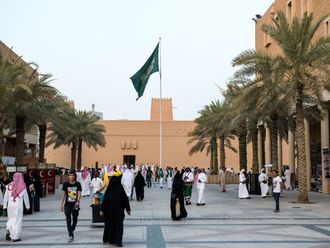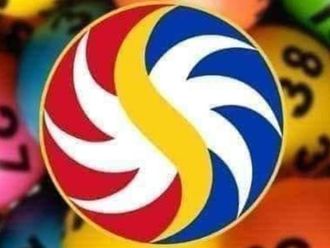STOCKHOLM: The Faroe Islands, an autonomous archipelago in Denmark, said on Wednesday it wanted to negotiate on a fisheries agreement with the Britain after its exit from the European Union, a concern for the Faroese economy.
“The UK remains one of the most important markets for Faroese seafood exports. A new trade agreement with the United Kingdom to ensure future exports is therefore a priority of the Faroese government,” it wrote in a statement.
The Faroe Islands, a territory of nearly 50,000 inhabitants in the North Atlantic between Iceland, Scotland, and Norway, chose to remain outside the European Union when Denmark joined the bloc in 1973.
The archipelago has rejected the Common Fisheries Policy, a set of rules that manage European fishing fleets, to freely decide its own quotas.
The Faroe Islands, heavily dependent on fisheries, seek to find a new agreement with Britain when it has left the EU in order to continue to export its fish to the nation.
The agreement should also regulate the Faroese fishermen’s access to British waters and vice versa, currently allowed by the EU, according to the Faroese government.
Fishing (mainly herring and mackerel) and fish farming (salmon) are vital sectors for the archipelago, accounting for 98 per cent of its goods exports.
In the summer of 2014, the Faroe Islands settled a dispute with the EU, known as the “herring war”, which prevented it from exporting fish to the EU for one year because of quotas deemed excessive by Brussels.


